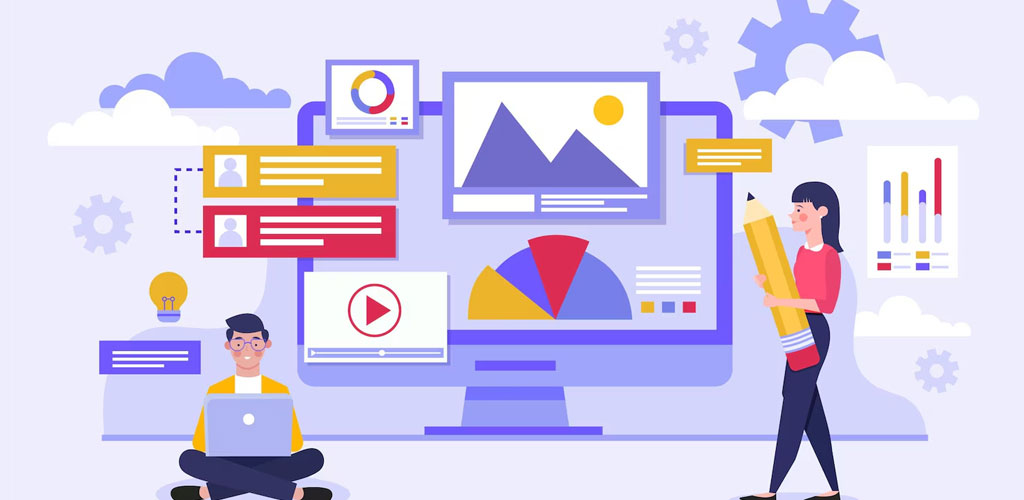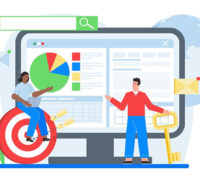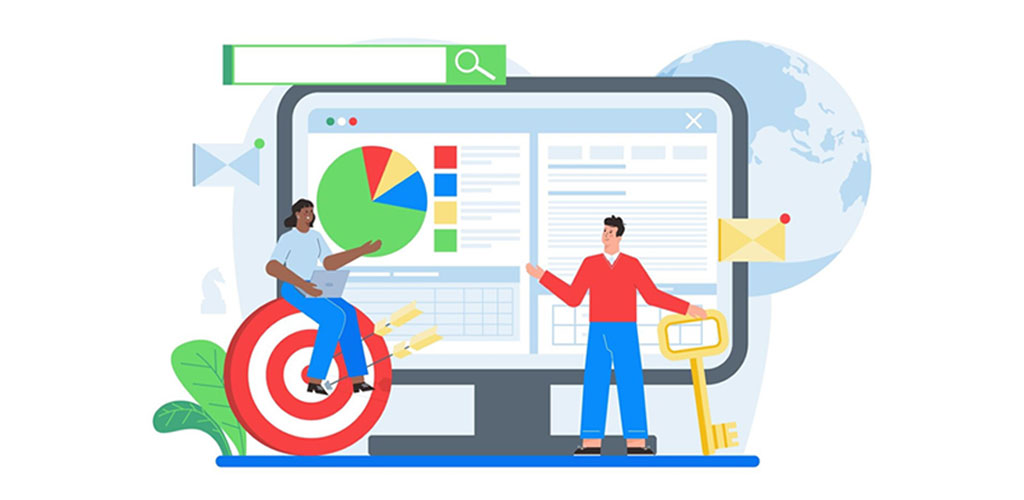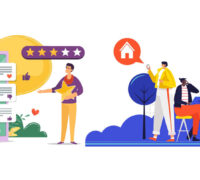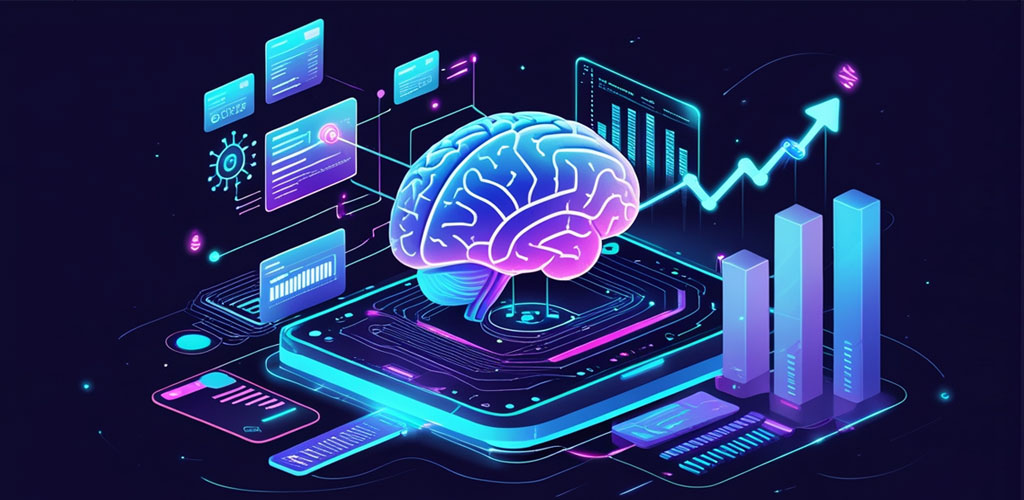Expanding your business to international markets is one of the fastest ways to grow brand visibility, attract diverse audiences, and increase revenue. But simply launching a website in multiple countries or languages does not guarantee success. To truly connect with audiences abroad, you need a solid international SEO strategy that goes beyond traditional optimization. While reaching global markets is exciting, it comes with challenges that, if overlooked, can cost you time, money, and growth opportunities. Partnering with the right SEO Company India can help you streamline the process, but understanding how to measure success and avoid mistakes is equally important.
Why Measuring International SEO is Crucial
Many businesses make the mistake of thinking SEO is a one-time task. In reality, it is an ongoing process that demands regular monitoring. International SEO adds extra complexity because performance varies across countries, languages, and search engines. Without measurement, you might not know whether your investment is paying off or if your global presence is simply going unnoticed.
Tracking results allows you to understand user behavior in different regions, identify high-performing content, and pinpoint areas that need improvement. For instance, a keyword ranking well in the U.S. might not bring the same results in Germany or Japan due to cultural and linguistic differences. By measuring results, businesses can align strategies with actual data instead of relying on assumptions.
Key Metrics That Define Success
The first step in measuring international SEO is to focus on metrics that provide meaningful insights. Organic traffic remains one of the most important indicators, but it should be broken down by country and language. This helps you see where your website is truly gaining traction. Conversion rate is another critical metric, as high traffic without conversions signals a gap in targeting or user experience.
Search rankings should also be tracked regionally. A keyword may rank on the first page in one market but fail to appear in another due to competition or lack of localized content. Tools like Google Search Console allow you to analyze performance by country, making it easier to refine strategies. User engagement metrics like bounce rate and time on site provide additional insight into how well your localized content is received by audiences.
Common Mistakes That Cost Businesses
While many companies focus on expanding globally, they often fall into traps that end up hurting rather than helping. One of the most common mistakes is ignoring cultural differences in content. Directly translating content without localization can make your website feel robotic and irrelevant to users. A professional SEO Company India ensures your message is adapted for local audiences, not just translated word for word.
Another frequent error is using hreflang tags inappropriately. These tags signal to search engines which language and region a page is intended for. When misused, they confuse search engines, leading to duplicate content issues and reduced visibility. Similarly, businesses sometimes forget to optimize technical aspects like page speed on local servers, which can negatively affect user experience abroad.
Keyword research is another area where companies often stumble. Using keywords popular in your home country may not apply internationally. People’s search behavior is influenced by cultural quirks, local terminology, and alternate search patterns. Ignoring this factor can lead to wasted resources on irrelevant terms.
How to Build a Sustainable Strategy
A winning international SEO strategy combines technical optimization, cultural awareness, and continuous measurement. Start by defining clear goals for each target market. Instead of trying to compete everywhere, focus on regions where demand is highest. Conduct in-depth research on competitors in those markets to understand what already works.
Content should always be localized rather than just translated. This includes not only text but also images, payment options, and even customer support availability. Regular audits ensure that your strategy stays aligned with changing search engine algorithms and user behaviors. Partnering with an experienced SEO Company India gives businesses the advantage of expert knowledge in managing these complex tasks.
The Role of Consistent Evaluation
International SEO is not a set-and-forget approach. Search engines frequently update algorithms, and user behavior evolves with time. What works today may not be effective six months later. Consistent evaluation keeps your strategy relevant and cost-effective. Reviewing analytics monthly helps businesses identify which campaigns deliver ROI and which require adjustments.
Measuring success also prevents overspending. Instead of continuously pouring money into markets that are not responding, you can redirect efforts toward regions with real growth potential. This ensures every investment contributes to long-term global visibility.
Final Thoughts
Expanding internationally is a rewarding step for businesses ready to grow beyond borders. However, without a well-planned SEO strategy, the journey can become costly and frustrating. Measuring international SEO results gives you clarity, while avoiding mistakes like poor localization or weak technical setup saves resources. By working with a trusted SEO Company India, businesses can achieve sustainable growth, connect authentically with global audiences, and secure a competitive edge in international markets.




